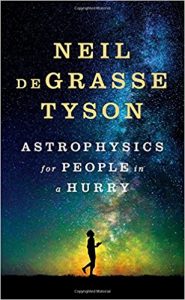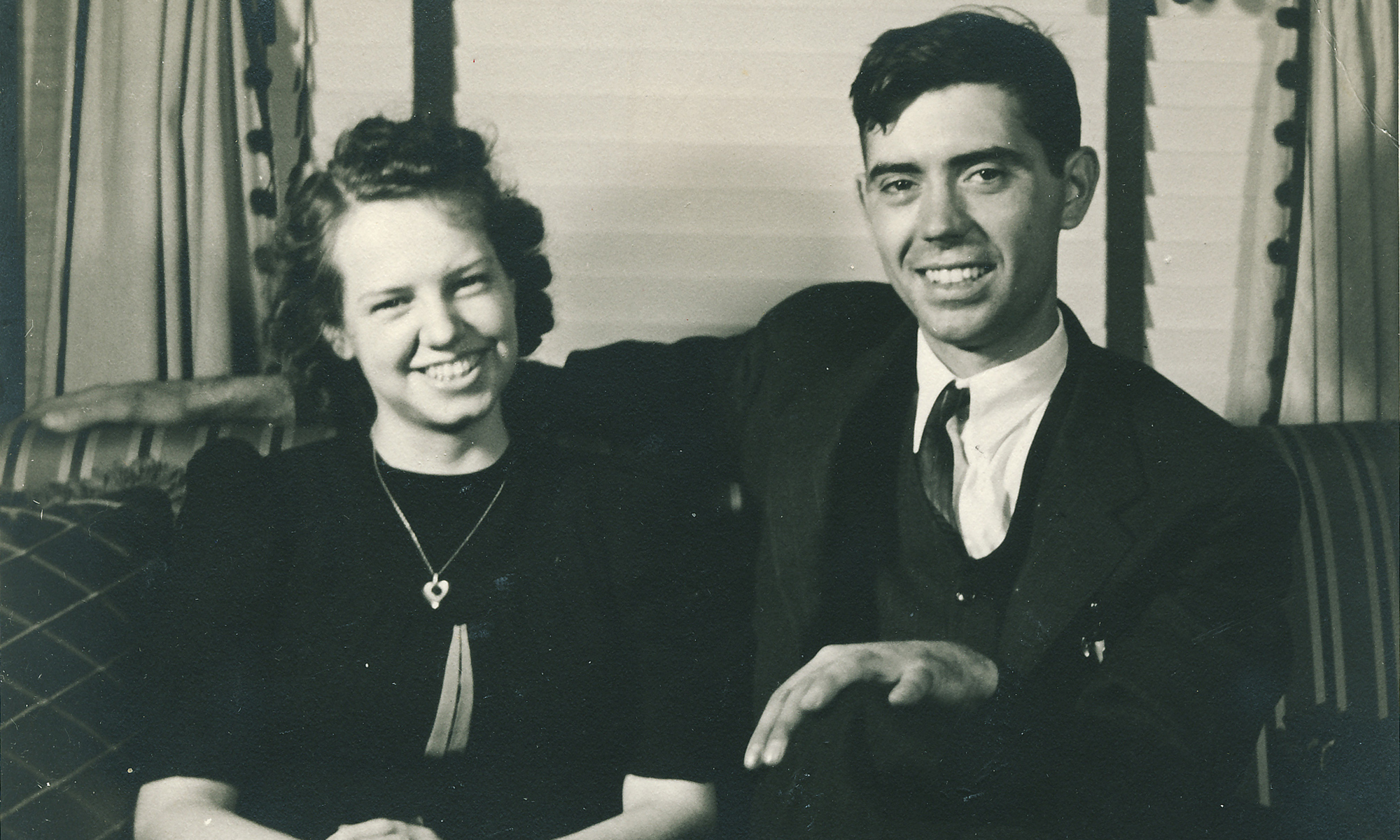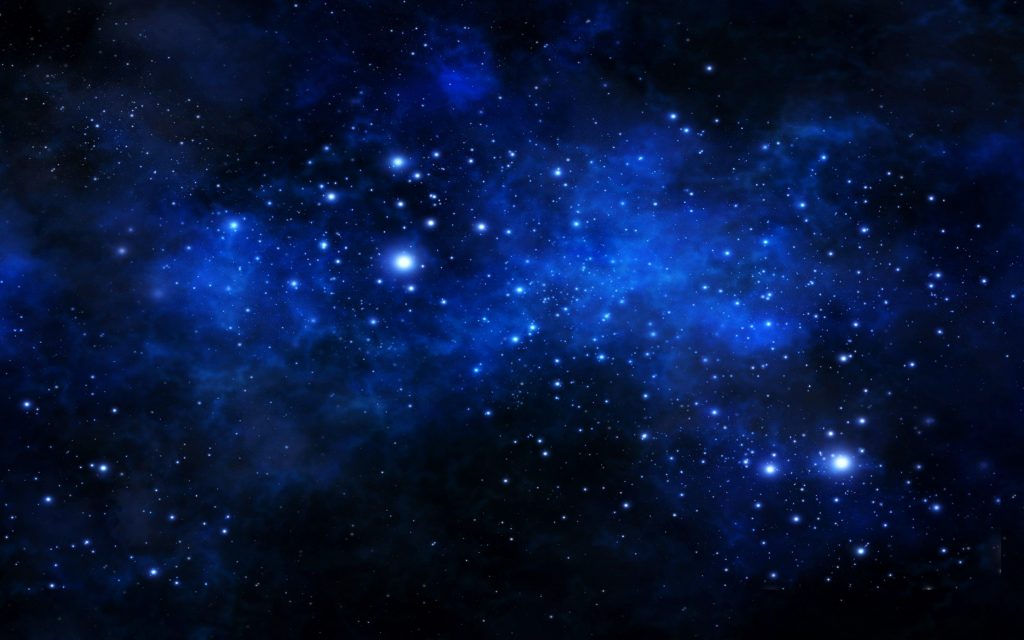If the Big Bang theory is correct, the universe began 14 billion years ago.
If fundamentalists are correct, the universe was created seven thousand years ago.
If I’m correct, the universe always existed.
The question of origins arose as I was reading Neil deGrasse Tyson’s book, Astrophysics for People in a Hurry. I think the title is a euphemism for “people who want the Reader’s Digest version of astrophysics because they’re too lazy or dumb to plow through a scientific tome.” That pretty much describes me.
Astrophysics for People in a Hurry. I think the title is a euphemism for “people who want the Reader’s Digest version of astrophysics because they’re too lazy or dumb to plow through a scientific tome.” That pretty much describes me.
The book is small, about paperback sized, and has only 218 pages. But still, I was lost by the end of the first paragraph, the one introducing the Big Bang theory:
“In the beginning, nearly fourteen billion years ago, all the space and all the matter and all the energy of the known universe was contained in a volume less than one-trillionth the size of the period that ends this sentence.”
Huh? All the matter and energy of the universe crammed into the volume of a pin point? (It almost makes me want to ask how many angels could dance on the head of it.) But if such a micro dot really existed, where did all this matter and energy come from (there was no universe, after all, to forge it from), how was it constructed (given its inherent instability), why did it suddenly materialize, and just how the heck did everything fit inside it?
However, if scientists have posed a theory that raises as many questions as it answers, their religious brethren seem to be in the same boat (or ark, as it may be). For if gods created the universe, where did they come from? Did they always exist, as logic would suggest, indicating there really is no ultimate origin? Where do they live, outside of the universe, given they couldn’t very well have existed inside a universe they hadn’t yet created?
From a less cosmic and more human perspective, why did gods create mankind on a tiny speck in a universe billions of light years across? If mankind is the pinnacle of creation, why create such an enormous universe to obscure and endanger our presence? (Remember we’re probably talking about gods existing outside this universe, and if they’re looking in on us, they’d have to have uncommon visual skills to see us at such incredible distance and behind all the monstrous galaxies and dark matter that surround us.) And why put us on an orb destined for inevitable extinction from flying cosmic debris?
To my mind, the faithful and the scientists are looking at the universe through opposite ends of a telescope, the former seeing our world blown up to a significance well beyond its size, and the latter seeing the universe shrunk infinitesimally small in order to explain its origin. Me, I’m wondering if maybe we should set the telescope aside for a minute.
The intractability of the origin question leads me to wonder if maybe we’re anthropomorphizing the issue. People are born, we all have origins, so maybe we’re trying to see the universe in the same way. But what if the universe always existed? What if the universe’s expansion, as detected by scientific instruments, is simply part of a recurring cycle of repeated expansion and contraction over endless cycles of billions of years?
To me that makes as much sense as time and space having a beginning. If you can believe that gods existed forever (as it seems they must), you can just as easily believe that the universe existed forever. The recurring formation and destruction of stars and other objects through collisions of cosmic matter under the influences of nuclear, electro-magnetic, gravitational, and dark energy forces in the universe might argue against true beginnings and ends, just the perpetual metamorphosis of matter and energy.
Tyson’s book is a nice synopsis of current astrophysical science, I recommend a reading of it. It explains, among other things, the reasoning behind the Big Bang theory in layman’s terms. It’s perhaps my shortcoming that I couldn’t logically grasp the universe in a microdot. But if nothing else, it also served the purpose of getting me to thinking about my own concept of origin: namely, what if there were none?
P.S.: Tyson is also a fountain pen fan. An interview with him on his collection is on YouTube.



